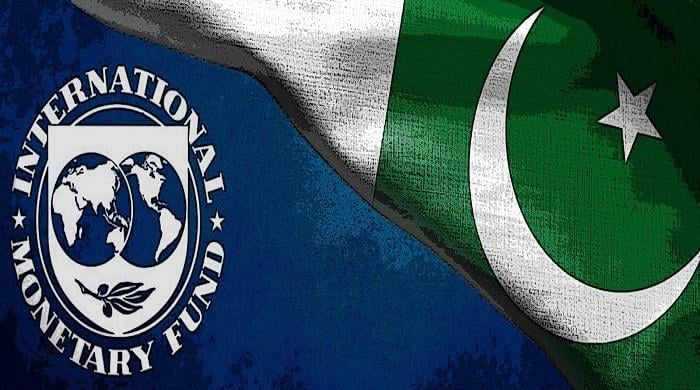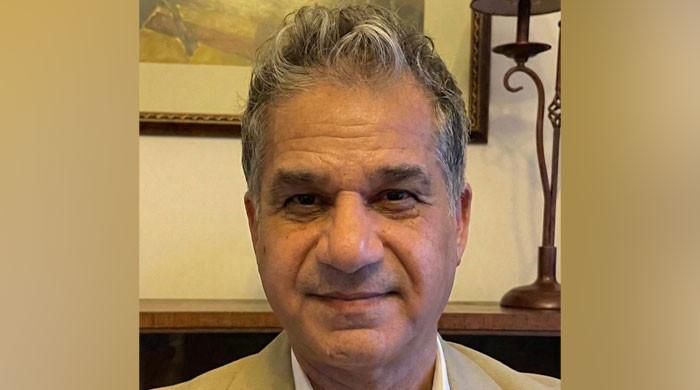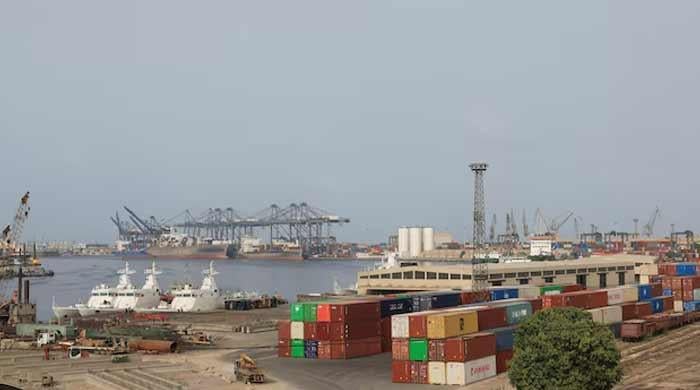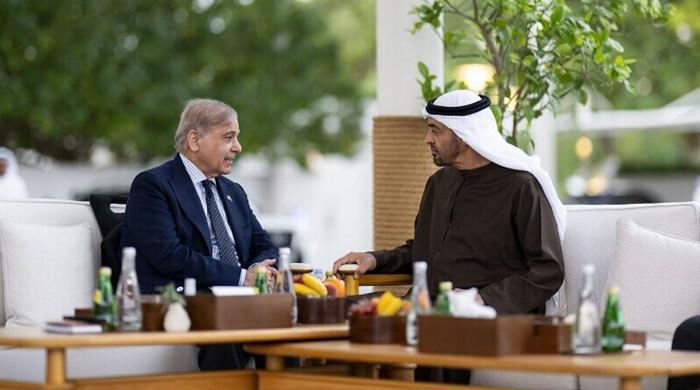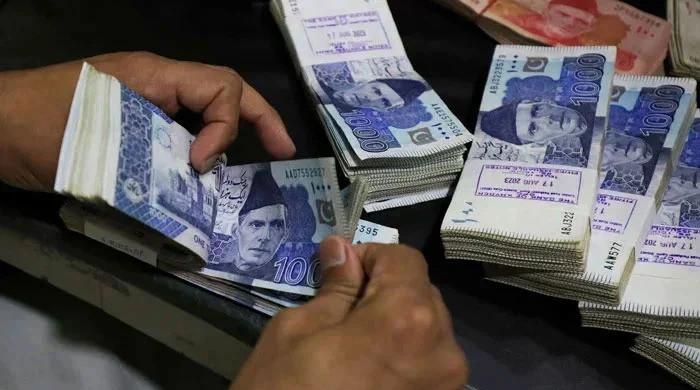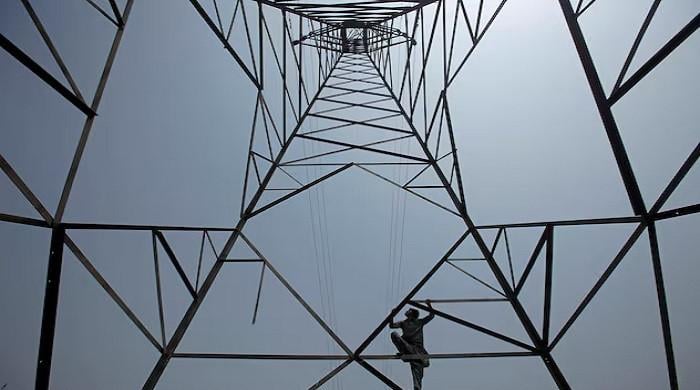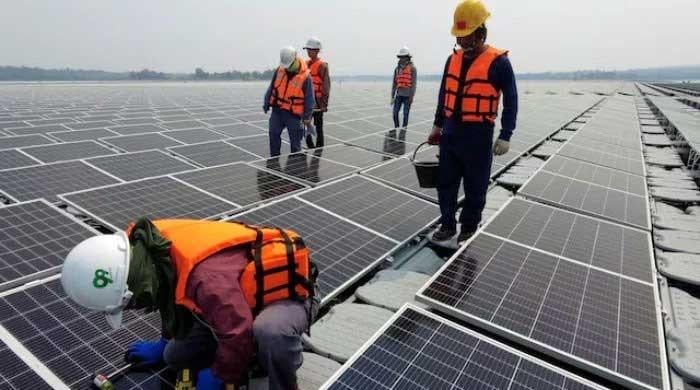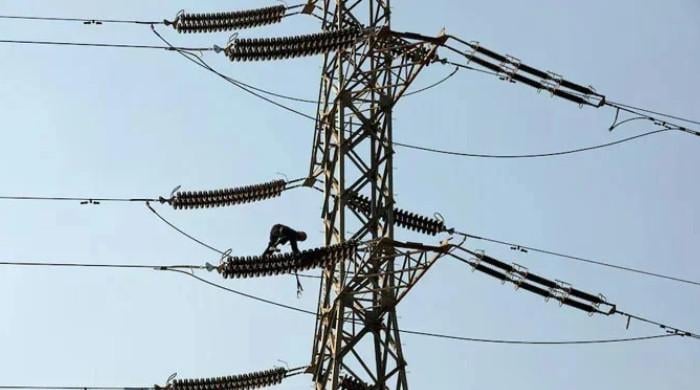Ready to take 'tough measures' to restart programme, Pak tells IMF
MIftah Ismail says some of the factors that have affected the economic situation are beyond the control of the government
May 19, 2022
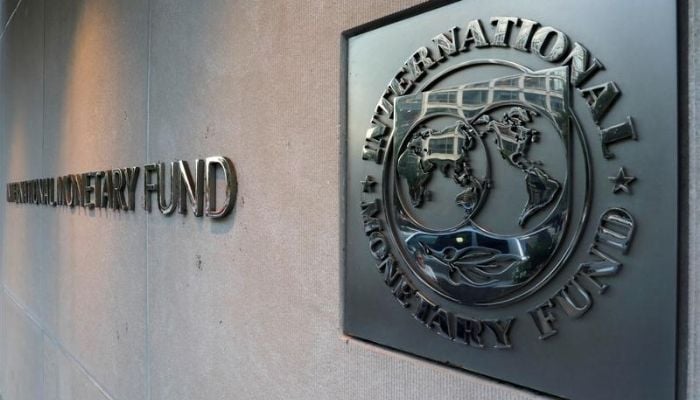
- Miftah Ismail holds virtual meeting with IMF.
- Tough decisions would have to be taken as economy falters, says finance minister.
- Pakistani authorities would make every effort to urge the IMF's review mission that it should lower the cost of the inflation burden.
ISLAMABAD: Pakistan has indicated to the IMF negotiation team that it is willing to take "tough measures" such as increases in POL products and electricity prices, but only in stages, in order to restart the stalled $6 billion fund program.
According to reports, Pakistani authorities would make every effort to urge the IMF's review mission that it should lower the cost of the inflation burden that will impact the population, and may ask for a phased-in approach to subsidy reversal, particularly on petroleum goods.
According to an official statement issued by the Ministry of Finance on Wednesday, Federal Minister for Finance & Revenue Miftah Ismail held a virtual meeting with the IMF mission chief.
Dr Aisha Ghous Pasha, Minister of State for Finance and Revenue, Secretary Finance, Governor State Bank of Pakistan, and Chairman Federal Board of Revenue all attended the meeting.
Meanwhile, the first batch of the senior management of the Finance Division, SBP and FBR has already reached Doha for the 7th Review Mission.
The finance minister and minister of state will also join the team in Doha early next week to conclude the discussion with the expectation of reaching an agreement for the IMF’s continued support until the successful completion of the programme. The finance minister said that the government is still committed to the program's planned reforms and to meeting the structural benchmarks.
IMF Mission Chief Nathan Porter shared the IMF’s assessment of the challenges being faced by the economy with the Pakistani delegation. He sensitised that Pakistan’s economy demanded both immediate and long-term corrective measures.
The finance minister stated that the government could understand the current economic woes but agreed that tough decisions would have to be taken, while mitigating the effects of inflation on the middle-to low-income groups.
He emphasised that some of the factors that have adversely affected the economic situation are beyond the control of the government. These included exogenous factors like supply shocks, commodity super cycles, and the Russia-Ukraine conflict, due to which commodity prices further soared. These factors are putting pressure on the current account as well as the foreign exchange reserves.
The minister stated that the government would take measures to reduce the burden on the economy, while protecting the vulnerable sections of the population was also among the priorities.
The minister further stated that we should aim at addressing structural issues so that Pakistan is able to end its fiscal deficit and move towards sustainable growth.
The finance minister thanked the IMF mission chief for support at such a difficult time for the global economy. Both sides showed a keen interest in completing the review successfully.




